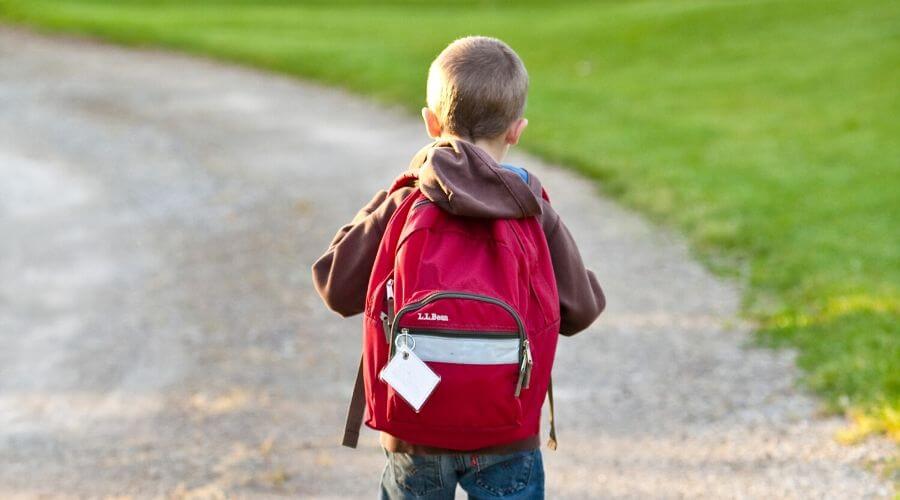Changes to arranging SEN provision

The Coronavirus Act 2020 grants the Government flexibility through a range of emergency powers. These powers include measures which impact how special educational needs provision is arranged for children and young people with disabilities, including autism.
An Education, Health and Care (EHC) plan is a legally-binding document that states the needs of a child or young person and the support they will receive.
There is a mandatory duty on local authorities and local health bodies to arrange all the special provision set out in Section F and G of an EHC plan. Special provision includes therapies like speech and language therapy and one-to-one support.
However, the Government has used its emergency powers to change this on a temporary basis. As of 1 May 2020, the duty of local authorities has been modified and they must make ‘reasonable endeavours’ to provide the provision as set out in the EHC plan, instead of their usual duty to provide all the provision. This change will run up until 31 July 2020. As all children and young people return back to education, the Government is planning that there will be no other modifications under this power.
There is currently no guidance on what ‘reasonable endeavours’ means, and it will vary on a case by case basis because it relates to the individual young person. A local authority or health commissioning body cannot make a blanket policy around this. The local authority or health commissioning body should consider:
- The specific local context, for example if a school is temporarily closed, any guidance to stop transmission of the virus and the availability of workers to deliver the provision
- The needs of the child or young person and any specific circumstances that relate to them
- The views of the child, young person and their parents.
Since Coronavirus has stopped the usual delivery of special provision, alternative arrangements have been made, these could include:
- A temporary placement in another school – mainstream or special. This will need to be with the agreement of the parent or young person and full account should be taken of the needs of the child or young person
- A speech and language therapist delivering sessions via video link
- A health visitor or school nurse providing health advice or developmental reviews via teleconferencing
- Sending home accessible hard copy therapy programmes with additional phone support for parents and young persons to help them work through them
Parents and young people should be informed as to how the provision will differ from the EHC plan, and the local authority should record this and keep it under review. Any temporary changes will not lead to the EHC plan being amended. However, the Coronavirus Act has affected some of processes associated with an EHC plan such as reviews and tribunals.
It is important to keep good lines of communication open with the local authority and the health commissioning body and be willing to create or try different solutions in this unprecedented time.
If you don’t think that ‘reasonable endeavours’ are being made to deliver your child or young person’s EHCP, then try to resolve your issues informally first, and if necessary use the local authority or health commissioning body’s complaints process. The Local Government and Social Care Ombudsman has suspended the receipt of new complaints, but you can find out more information on their website.
You can also have a look at our article on asking for support from the local authority.

